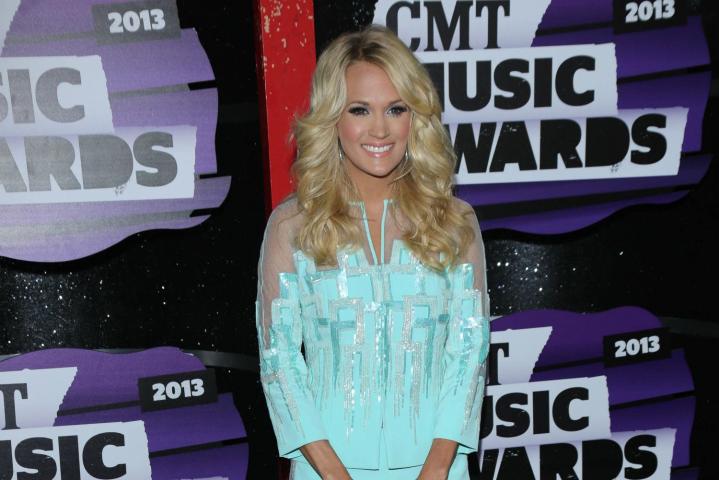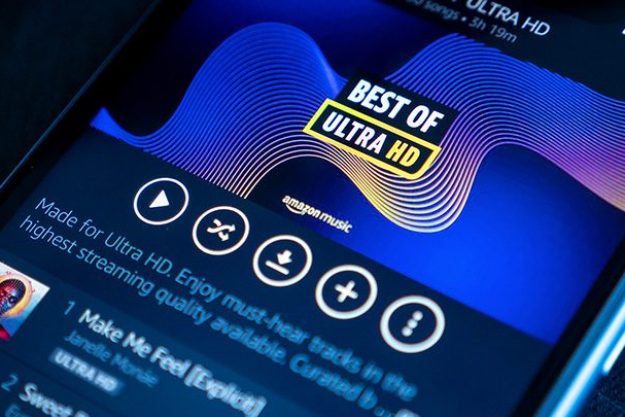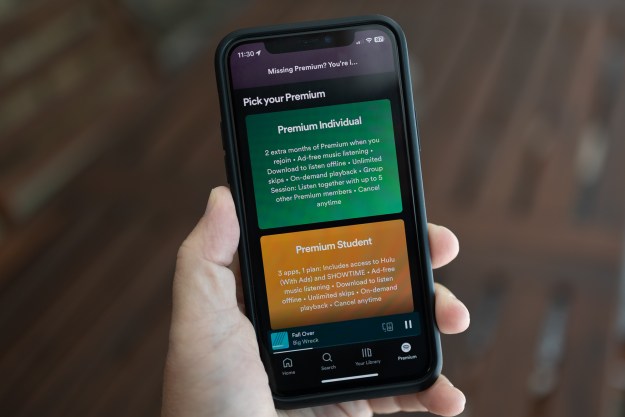
While many blame Spotify for paying out low streaming royalties to artists, there’s always been plenty of blame left to go around for the other side of the equation: the record labels themselves. In a new lawsuit, American Idol artists Carrie Underwood, Kelly Clarkson and the entertainment company 19 Recordings are suing Sony Music, claiming the label worked a deal with Spotify to shortchange its artists.
As reported by The Tennessean, the plaintiffs claim they were “to be paid a royalty rate that is substantially below fair market value so that [Sony] can receive other compensation that it does not have to share with 19 and its artists.”
The plaintiffs claim that Sony — which owns a minority stake in Spotify — wasn’t negotiating in “good faith” when it made deals with the streaming service. The lawsuit explains that Sony negotiated a lower royalty rate for its artists in exchange for a larger share of advertising and other revenue from Spotify, which it did not have to share. Further, the artists claim that Universal and Warner — both of which also own minority stakes in Spotify — may be engaging in the same practices.
“Those other labels have in most likelihood engaged in the same self-dealing as Sony with respect to the diversion of payments to them, and the below market streaming royalty rates,” the plaintiffs claim.
In a copy of Sony’s agreement with Spotify — which has now been removed — Billboard notes that the agreement showed Sony receiving a big advance and free ad space from the streaming service. In a statement, Sony Music said that “[it] shares with its recording artists all unallocated income from advances, non-recoupable payments and minimum revenue guarantees that Sony Music receives under its digital distribution deals.”
Sony may have its hands full in defending itself, especially considering that Richard Busch —best known for the successful “Blurred Lines” lawsuit against Robin Thicke and Pharrell — is representing the plaintiffs.
“The issues being raised here are important to 19 and the artists involved, and potentially many other artists whose music is streamed,” said Busch to The Tennessean. “We look forward to pursuing all of the claims in this lawsuit.”
If the lawsuit does make progress, we expect that similar cases may be brought against Universal and Warner, who combine with Sony to makeup the three most powerful copyright holders in the music industry today. With artist royalty rates arising as one of the most contentious issues in the ever-expanding streaming industry, there’s no question that this lawsuit could have major implications in the music industry at large for the foreseeable future.
We’ll keep an eye on this story as it develops, so stay with us.
Editors' Recommendations
- Tidal vs. Spotify: Which music streaming service has the features you need?
- Amazon Music follows Spotify’s lead with Maestro, an AI-based playlist creator
- How to master your equalizer settings for the perfect sound
- Apple Music just got a cool feature you won’t find on Spotify
- Spotify just made live music a little bit better

